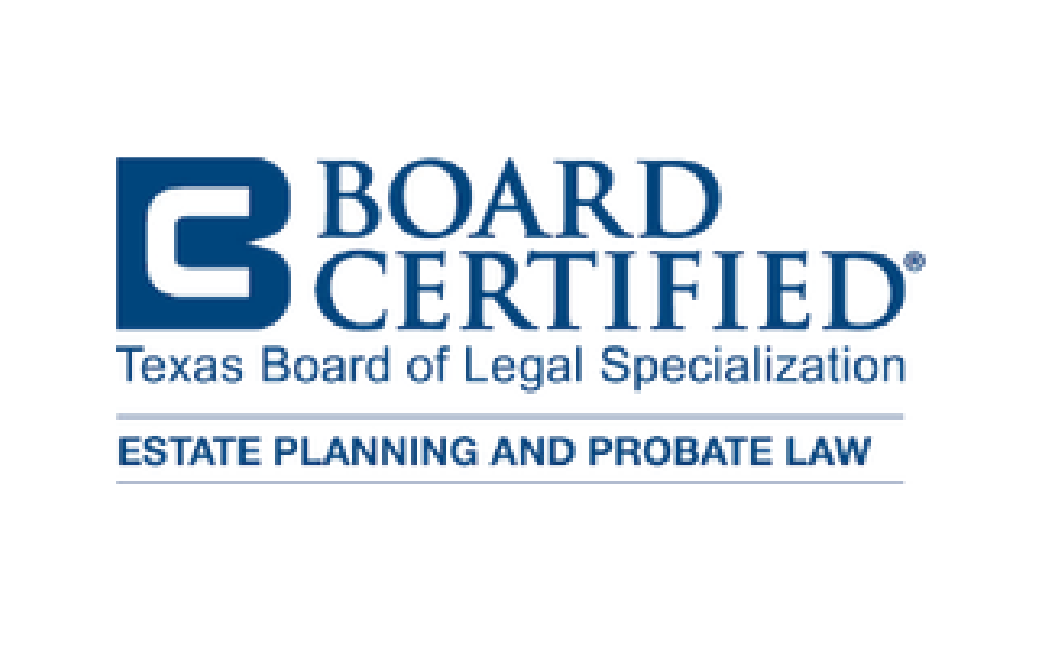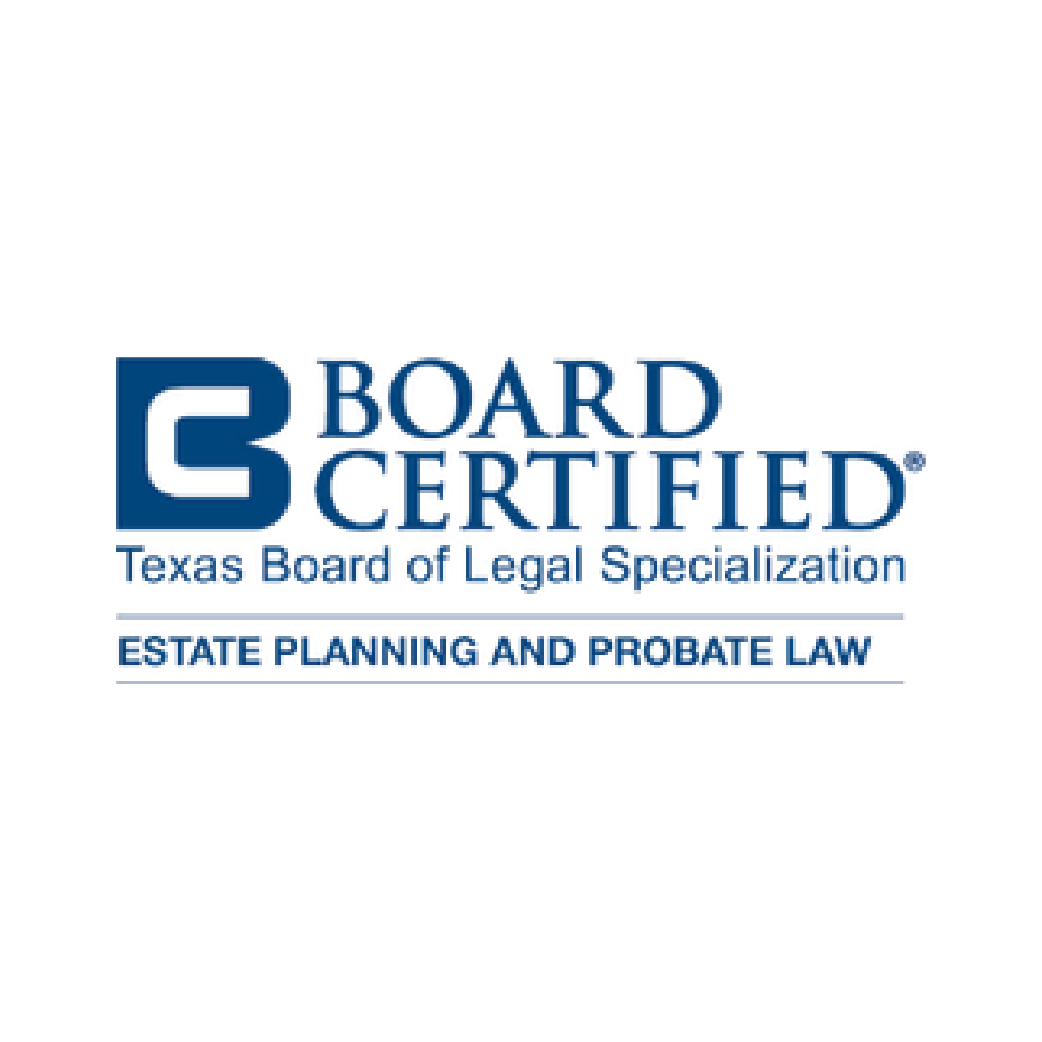Consult an Estate Planning Attorney in Frisco, Dallas, Denton, TX today to get started
Start Planning for the Future Today
No one likes to consider how their family will continue after they're passing. But taking care of estate planning now will ensure your loved ones aren't left facing financial hardship and undue stress after your death. Not sure where to begin? Reach out to Judith P. Kenney & Associates to speak with a top-rated estate lawyer in Frisco, Dallas, Denton, TX.
We'll gather all of the necessary information about your estate and develop a personalized plan just for you. Call today to retain a leading estate planning lawyer in the Frisco, Dallas, Denton, TX area.
Get All of Your Affairs in Order
Drafting estate documents on your own can be a daunting task. If you’re unsure where to begin, our law firm can help. Your estate planning lawyer will walk you through all of the typical documents included, such as:
- The living will and health care directives
- Powers of attorney
- Trusts
- Beneficiary designations
- Guardianship designations
Without a clear and concise will for your family to follow, your assets could be divided by a third party who isn’t looking out for their best interests. Don’t delay — contact a local estate lawyer today to get started.
Comprehensive Overview of Essential Estate Planning Documents
Living Will and Health Care Directives
A Living Will is a crucial document that explicitly states your wishes regarding medical treatment in situations where you are unable to communicate due to incapacitation. This document comes into play in critical care scenarios such as terminal illnesses, irreversible coma, or severe brain damage, where the individual has specified in advance what types of medical intervention or life-sustaining measures they consent to or refuse. The objective is to alleviate undue suffering by adhering to the predetermined wishes of the patient, thereby removing the burden of difficult decisions from family members.
Health Care Directives go beyond a Living Will by encompassing a range of documents, including the designation of a Health Care Proxy or Agent. This designated agent makes decisions that align with the patient's preferences stated in the Living Will, but also has the discretion to make decisions in scenarios not specifically foreseen by the Living Will. This can include choices about the type of care, the medical personnel to be involved, and even the health care facility used. These directives ensure a person's health care choices are respected and followed, providing peace of mind and clarity during potentially tumultuous times.
Powers of Attorney
Powers of Attorney are versatile instruments that grant a trusted person—the attorney-in-fact or agent—the authority to act on behalf of the principal in various legal and financial matters. These can be categorized mainly into two forms:
- Durable Power of Attorney: This type remains in effect even if the principal becomes mentally incapacitated and is crucial for uninterrupted management of the principal’s affairs. It ensures that someone can handle financial responsibilities such as paying bills, managing investments, and making real estate transactions without the need for court-appointed guardianship.
- Springing Power of Attorney: This form is designed to become effective only under specific circumstances, typically the incapacitation of the principal. It offers an extra level of privacy and control, as the agent has no authority until the specific conditions are met.
Additionally, a Special or Limited Power of Attorney can be created for specific tasks like selling a property or managing a particular bank account. This is often used when the principal cannot handle certain affairs due to other commitments or temporary incapacitation.
Powers of Attorney are essential for ensuring that your financial and legal matters are managed efficiently and according to your wishes without the need for court intervention, which can be costly and time-consuming. It's important to choose a trustworthy individual who understands your preferences and can act in your best interest across all scenarios.
Trusts
Trusts are legal structures that provide a sophisticated way to manage and protect assets both during a person’s life and after their death. By placing assets within a trust, you can control who receives them, how, and when. Trusts can be set up for various reasons: to avoid the probate process, reduce estate tax liability, protect property from creditors, or provide for someone with special needs without affecting their eligibility for government benefits. There are many types of trusts, with the two primary ones being revocable and irrevocable. A revocable trust allows the grantor to retain control over the assets during their lifetime and make changes or revoke the trust as needed. Conversely, an irrevocable trust cannot be changed once it has been executed, providing benefits like increased asset protection and tax advantages. Trusts require careful drafting to ensure they accurately reflect the grantor's intentions and comply with legal requirements.
Beneficiary Designations
Beneficiary designations are a direct and efficient way to transfer assets like life insurance proceeds, retirement funds, and bank accounts upon your death, bypassing the probate process. This method of asset transfer is straightforward but requires careful consideration to align with your overall estate planning goals. It’s crucial to regularly review and update your beneficiary designations to reflect any life changes, such as marriage, divorce, the birth of children, or the death of a previously named beneficiary. Failure to keep these designations updated can lead to assets being distributed to unintended recipients or legal challenges from family members. Accurately maintained, beneficiary designations provide a seamless transfer of assets, ensuring that your financial wishes are honored without delay or legal complication.
Guardianship Designations
Guardianship designations are essential for parents or guardians to ensure that their dependents are cared for by a trusted individual if they are no longer able to do so due to incapacitation or death. This legal appointment can cover the personal care of minor children or adults with disabilities, as well as the management of their finances. Choosing a guardian involves considering factors such as the individual’s parenting philosophy, financial stability, relationship with the child or dependent, and willingness to take on the responsibility. A clearly defined guardianship designation can prevent family disputes and court intervention, which might not result in the selection of your preferred guardian. It is a vital document that provides peace of mind, knowing that your loved ones will continue to receive care according to your values and wishes.




